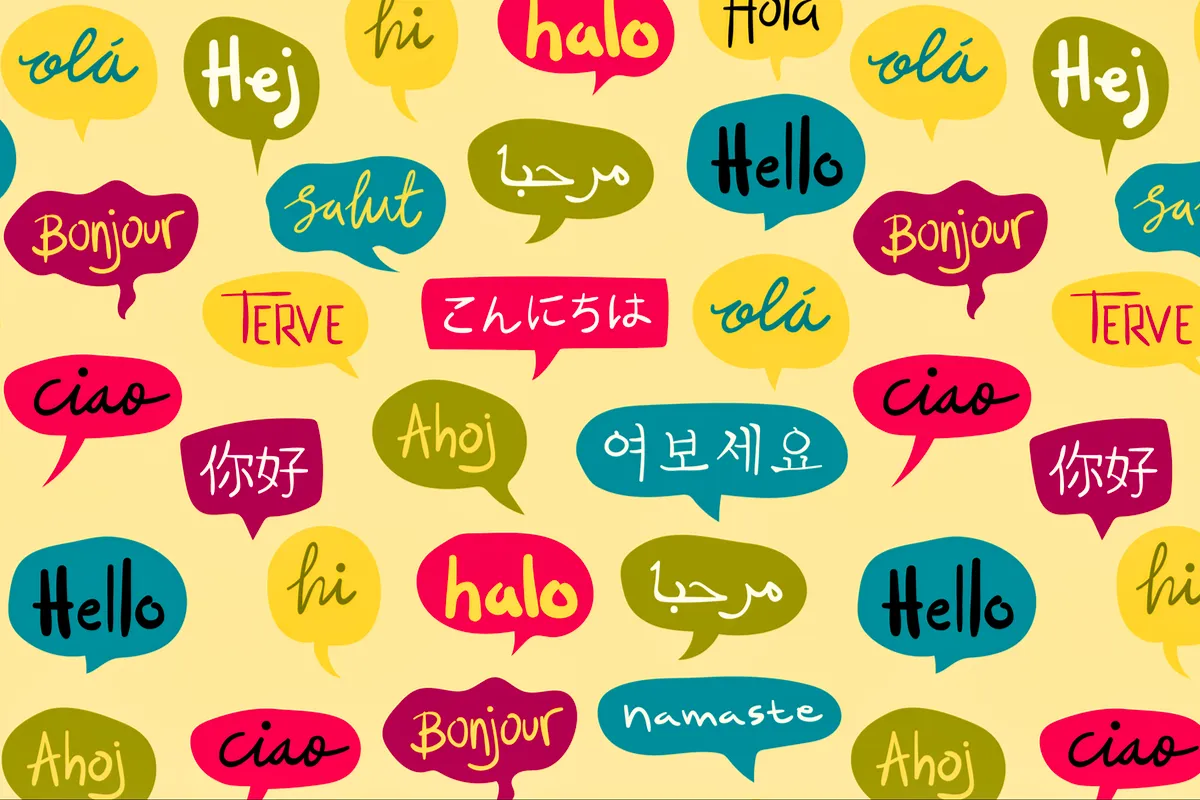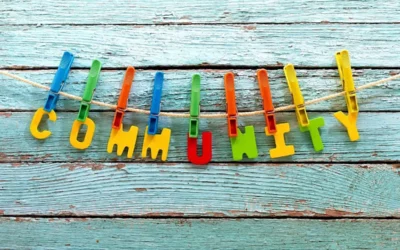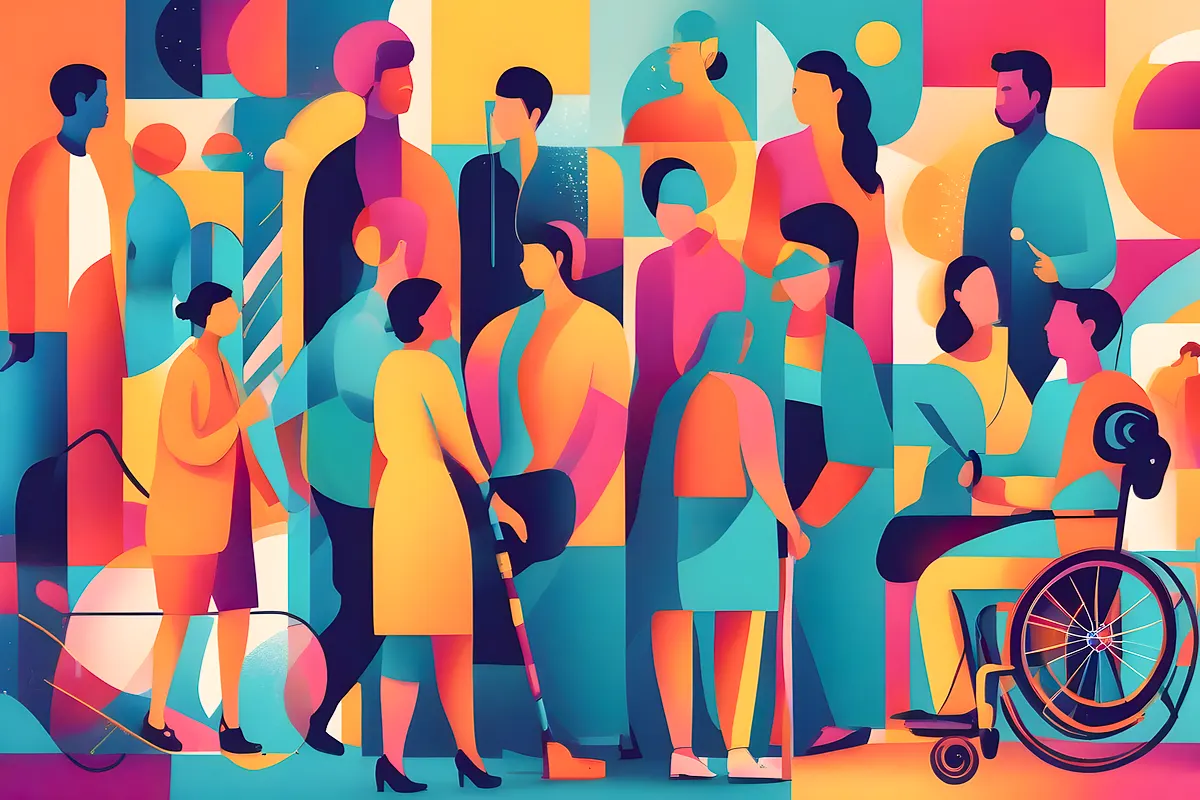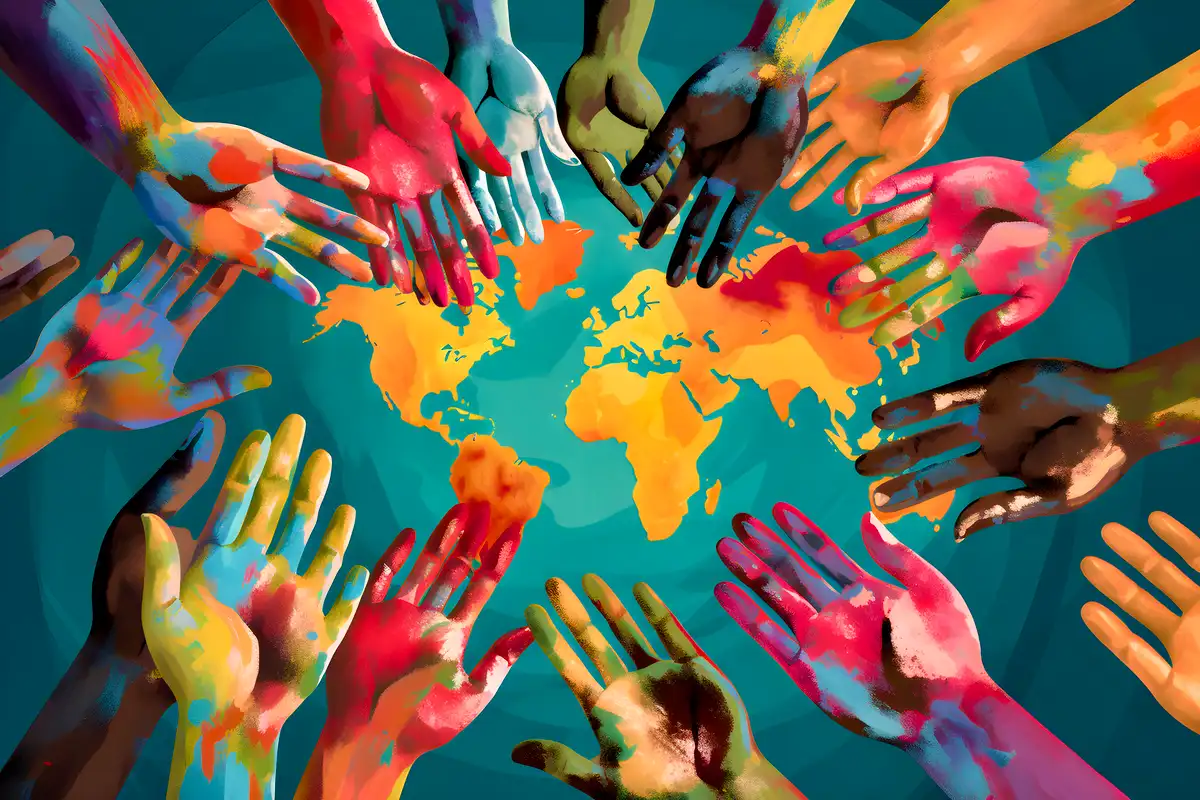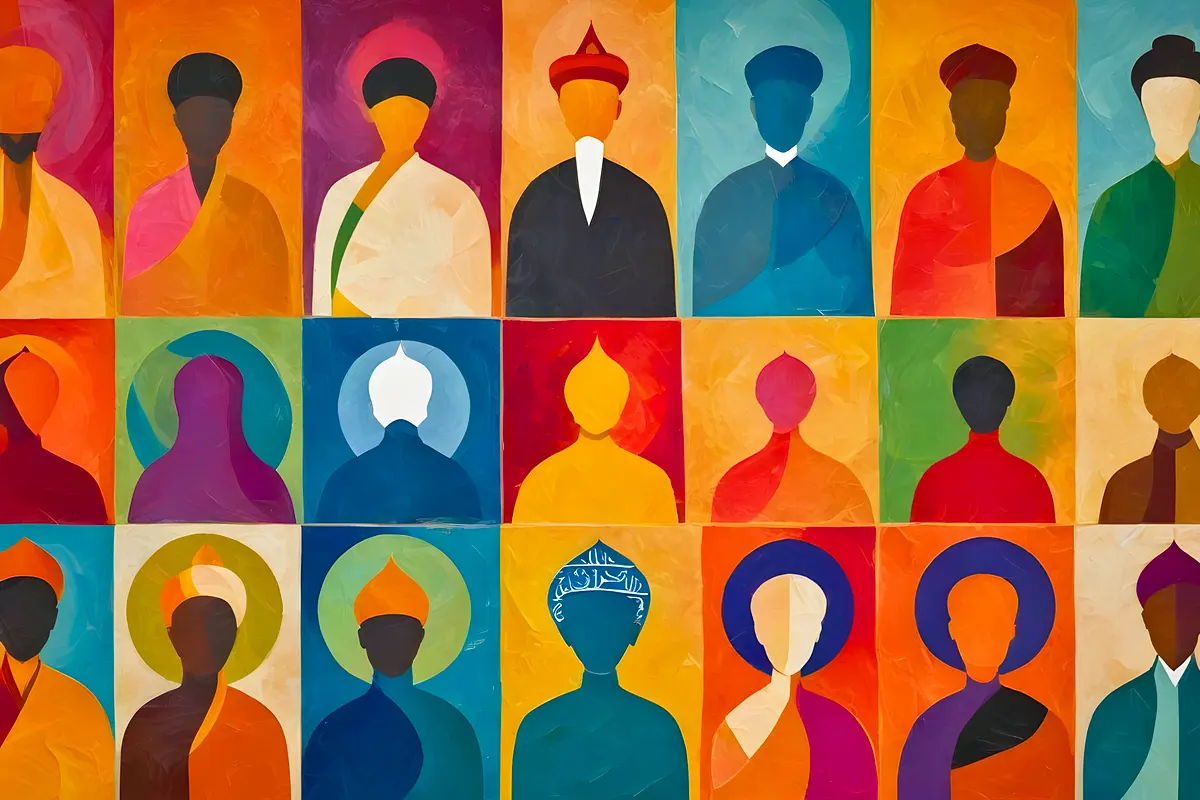Does Language Shape Our Reality?
The renowned philosopher Ludwig Wittgenstein famously proposed that even if a lion was granted the ability to speak, we would lack the common experience necessary to understand it. Its perspective would just be too far removed from ours for human language to allow the lion to express itself in any meaningful way. This leads to an intriguing question: Does the language we speak shape our reality?

The Power of Grammar
The idea that language can influence our thoughts isn’t new. The Greek historian Herodotus thought that Greeks and Egyptians thought completely differently because Greek writing flowed left to right, while ancient Egyptian hieroglyphics are read top to bottom. While Einstein believed the language a person spoke directly influenced their ability to grasp ideas or form concepts. Edward Sapir and his student Benjamin Lee Whorf formalised this concept into the Sapir-Whorf Hypothesis in 1929, which suggests that our language’s inherent grammar can mould our perception of the world. They argued that our thoughts might be more confined by our linguistic structure than we realise.

The Inuit language, for example, features more than 50 words to describe the consistency of snow. Proponents of Sapir-Whorf argue that this suggests that the Inuit people perceive snow differently to other nationalities. However, critics have claimed that the specificity of these terms is essential to survival within the environment that the language evolved in. Recognising the type of snow most suitable for icing your sled’s runners is just not considered essential information for survival outside the arctic rim.

Gendered Languages and Perception
Okay, now for a more universally relevant example. Let’s talk about the ubiquity of gendered nouns within many languages from all over the world. While the use of gendered nouns may be prolific, the gender of those nouns across different languages varies. Think about that. In French, a table is assigned a feminine pronoun, while in German it is masculine and in Italian the gender can modulate depending on context!
Excuse me while I pop my ‘science hat’ back on…

Cognitive scientist Lera Boroditsky asked German and Spanish speakers to describe “bridge” and “key” in English. These nationalities were selected because ‘key’ and ‘bridge’ have different genders in German and Spanish. “Key” is masculine in German (der Schlüssel) but feminine in Spanish (la llave). Conversely, “bridge” is feminine in German (die Brücke) but masculine in Spanish (el puente).
The study’s findings were pretty striking:
- German speakers described a “key” using masculine attributes like “jagged, rough, hard,” aligning with the gender in their language.
- Spanish speakers, however, used feminine descriptors like “golden, intricate, little, lovely” for the same object.
This pattern repeated with “bridge”:
- German speakers used feminine words like “beautiful, elegant, fragile.”
- Spanish speakers chose masculine terms like “big, dangerous, strong.”

This suggests that the grammatical gender in language can subtly influence how we perceive and describe the world around us.
These biases aren’t limited to gender either. Consider, for example, if I showed you five images of the same person at different stages of their life and asked you to put them in order. What order would you find most natural? Left to right? Up to down? Down to up?
Your idea of linear structure is likely inherently linked with the way you organise words on a page. Those of you for whom English is a first language are more likely to choose left to right as being more “correct” than any other direction since it mirrors the direction of your writing, but if we stop and think about it, this is clearly completely arbitrary!
By the way, if you find that interesting then Lera’s Ted Talk “How Language Shapes The Way We Think” will blow your mind. Her work with the Kuuk Thaayorre people demonstrates that they link the passage of time inherently with their orientation to the sun. Time passes east to west as the sun moves across the sky, so the pictures would change order depending on the organisers orientation in space. And yes, they can do this even if they can’t see the sun, it is ingrained in them to perceive and describe their surroundings in terms of cardinal directions i.e. north, south, east or west rather than right, left, up or down.

Language in the Workplace
Gender stereotypes
This concept extends beyond objects to our daily interactions, especially in professional settings. Gendered language in the workplace is insidious – reinforcing sexist stereotypes and affecting how we perceive roles and responsibilities.
For instance, have you ever noticed how women are more often referred to as “pushy” instead of “persuasive” or “bossy” and even “feisty” instead of “assertive?” The truth is, gender bias is so ingrained in society, it’s almost automatic.
Gender aside for a moment, it’s easy to see how our opinions of others can be influenced by how other people describe them. Like, for example, imagine you’re chatting with a co-worker and a third colleague does something nice for you. Perhaps they hand you a book, saying “I remembered you said you wanted to read it.” You thank them and feel pretty chuffed. As they leave, your colleague shakes their head and says “don’t be fooled, they’re so manipulative, trying to buy you like that. They just want you to support them in the meeting tomorrow!”
Perhaps that label; “manipulative” will stick, affecting the way you interpret all of their actions going forward. You’ll begin to see their every action as further attempts to buy the favour of those around them. You may even find yourself telling someone else that ‘such and such is so manipulative’.

Now if we look at this example impartially, we can probably see that the manipulative person is the colleague who – for reasons unknown – is trying to influence the way you perceive a gesture of kindness from a third-party; twisting the narrative to suit their own purposes. But powerful adjectives can influence the way we perceive individuals and their motivations so much that everything they do only serves to reinforce that image.
Corporate Jargon
It’s not just gender bias in our language that can shape our work realities. We’ve all encountered sycophantic corporate lingo, “blue sky thinking”, “let’s circle back on that’, “that’s not in my wheelhouse”.

Instantly recognisable, homogeneous buzzwords that seem to breed within a working environment. And of course, let’s be honest with ourselves here. We’ve all used it at some point. Maybe in an interview, an awkward social exchange with a colleague or just in an attempt to impress those above us, we’ve all found ourselves wheeling out some tired clap-trap phrase before feeling like the last part of our soul has just been crushed out of existence, our identity eroded and replaced with the one we think our superiors want us to have.
Diversity and Inclusivity in Language
Boroditsky’s study highlights not just how language affects perception but also underscores the importance of diversity and inclusivity in language. Our choice of words can either perpetuate stereotypes or help break them down.

In professional settings, gender-neutral and inclusive language is crucial. It helps create a more equitable environment by avoiding assumptions and biases linked to gender, race, or other personal attributes.
Inclusivity in language also means being mindful of cultural, racial, and individual diversity. This sensitivity can foster an environment of respect and understanding, crucial in our increasingly globalised world.
The point I’m getting at is that language isn’t merely a tool for communication, it is inextricably linked to our culture and experiences. And it is not static. It moves, evolves and shifts in tandem with our species’ journey through history. The words we use and the structure and syntax of sentences can subtly but significantly colour our perceptions and experiences, and those of others around us.
This revelation invites us to use the most powerful tool in our arsenal to describe the reality we desire into existence, and invite those around us into a bright new future that must be conceived before it can be wrought. Although technology is advancing at an exponential rate, words will always retain the power to shape the world.
As the playwright Edward Bulwer-Lytton famously wrote in 1839, “the pen is mightier than the sword.” Was he suggesting it would be used to jab the enemy in the eye? I doubt it.
We regularly deliver 4 very popular EDI training courses focused on the Power of Language covering Race & Ethnicity, Culture, LGBTQIA+ and Disabilities.

